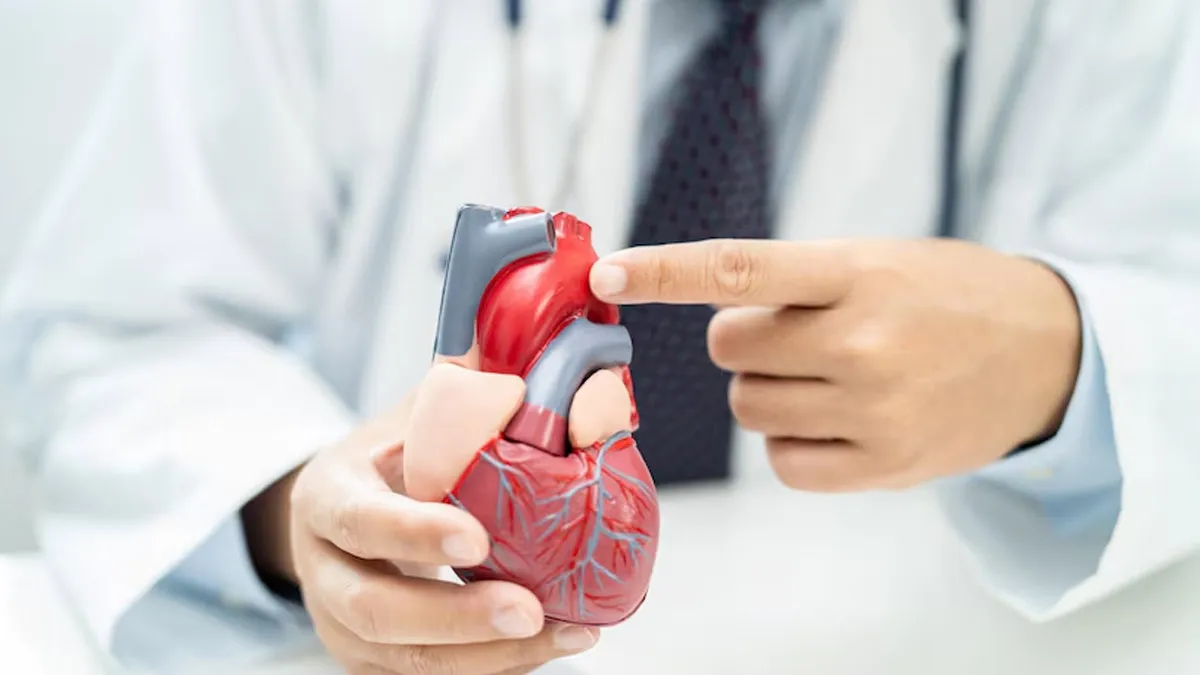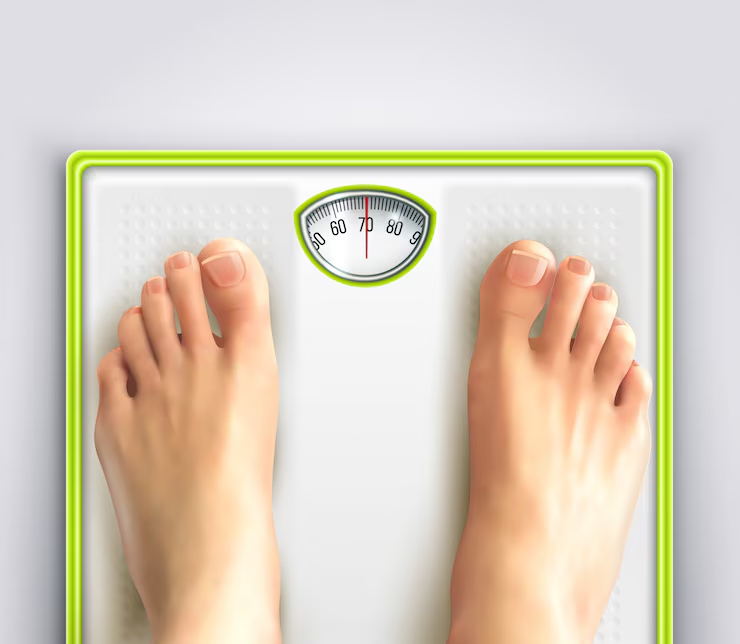
Undergoing heart bypass surgery, or coronary artery bypass grafting (CABG), is a life-saving procedure that improves blood flow to the heart by addressing blocked or narrowed arteries. However, recovery doesn’t end with the surgery. Post-surgery, managing heart health is crucial to ensure a successful recovery and prevent future complications.
Table of Content:-
To understand how one can manage their heart health after bypass surgery, OnlyMyHealth team interacted with Dr Manoj Kumar, Principal Director & Unit Head - Cath Lab, Max Super Speciality Hospital Patparganj.
1. Follow Post-Surgery Medical Instructions
Adhering to your doctor’s recommendations is essential for recovery. Dr Manoj Kumar emphasises, “Patients must diligently follow prescribed medications, including antiplatelets, beta-blockers, and statins, as these play a vital role in preventing blood clots, controlling heart rate, and managing cholesterol levels.” Regular follow-up appointments are equally important to monitor your progress and make necessary adjustments to your treatment plan.
2. Adopt a Heart-Healthy Diet

A balanced diet is the cornerstone of heart health, particularly after surgery. “Post-surgery, patients should focus on reducing saturated fats and increasing fibre intake to lower cholesterol levels,” advises Dr Kumar. Here are some dietary tips:
Increase fibre: Incorporate whole grains, fruits, vegetables, and legumes.
Limit unhealthy fats: Opt for lean proteins such as fish and plant-based sources.
Reduce sodium: Manage salt intake to control blood pressure.
Include omega-3 fatty acids: Found in salmon, flaxseeds, and walnuts, these healthy fats reduce inflammation and improve heart function.
Minimise sugar: Avoid excessive sugary foods and beverages to maintain a healthy weight and prevent insulin resistance.
Also read: Fish and Heart Health: How Fish Can Lower Your Risk Of Heart Disease, Expert Explains
3. Engage in Regular Physical Activity
According to the National Institute of Health, exercise is critical for regaining cardiovascular strength. Initially, begin with light activities such as walking or stretching, gradually increasing intensity as per your doctor’s advice. “Aim for at least 150 minutes of moderate-intensity exercise weekly, but ensure activities are tailored to your recovery stage,” suggests Dr Kumar. Gentle exercises such as swimming or cycling can also be incorporated once approved by your healthcare provider.
4. Quit Smoking

Smoking is a major risk factor for heart disease and compromises the success of bypass surgery. Dr Kumar warns, “Continuing to smoke post-surgery significantly increases the risk of complications. Seek professional help to quit smoking and safeguard your heart.”
5. Manage Stress
Stress management is vital for heart health. Chronic stress can elevate blood pressure and trigger unhealthy coping mechanisms like overeating. The American Psychological Association says that techniques such as meditation, yoga, and mindfulness can help alleviate stress. “Patients should also consider counselling or cognitive behavioural therapy if anxiety or depression persists,” advises Dr Kumar.
Also read: Tibetan Singing Bowls: How Can It Be Beneficial For Your Mental Health
6. Monitor and Control Risk Factors
Post-surgery, keeping risk factors under control is critical:
Blood pressure: Aim for levels around 120/80 mmHg.
Cholesterol: Lower LDL (bad cholesterol) and raise HDL (good cholesterol).
Blood sugar levels: For those with diabetes, maintaining optimal blood sugar is essential to prevent further complications.
7. Maintain a Healthy Weight

Excess weight places strain on the heart. Dr Kumar recommends, “Focus on gradual weight loss through a combination of balanced nutrition and regular physical activity to ensure long-term heart health.”
8. Get Adequate Rest
Sleep is a vital component of recovery. Aim for 7-8 hours of quality sleep each night. Poor sleep can increase stress and elevate blood pressure. Address any issues such as sleep apnea with your doctor’s guidance.
9. Stay Informed and Proactive
Educating yourself about heart health empowers you to make better lifestyle choices. Dr Kumar encourages, “Patients who actively engage in understanding their condition and adhere to preventive measures often achieve better long-term outcomes.”
Conclusion
Managing heart health after bypass surgery is a multifaceted approach that involves medical management, lifestyle changes, and ongoing education. By adopting a heart-healthy diet, staying active, controlling risk factors, and addressing stress, you can significantly reduce the risk of further complications and improve your quality of life. With patience and consistent effort, a healthy and fulfilling life post-surgery is achievable.
Also watch this video
How we keep this article up to date:
We work with experts and keep a close eye on the latest in health and wellness. Whenever there is a new research or helpful information, we update our articles with accurate and useful advice.
Current Version
